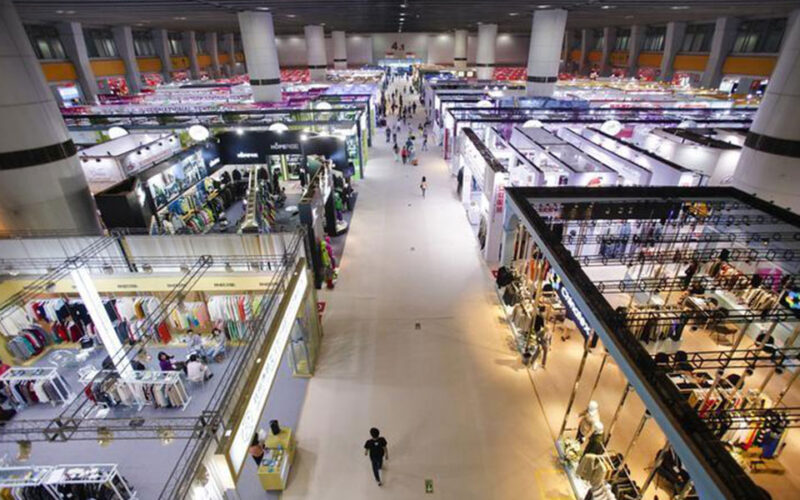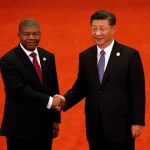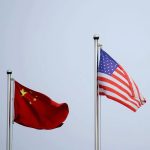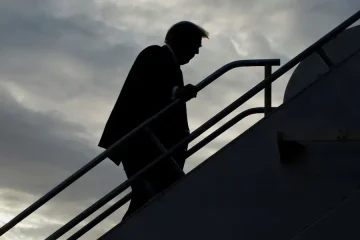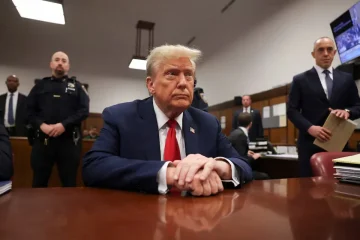RINA CHANDRAN
CHINA has tightened its grip over a wide range of industries including technology firms, as authorities introduce sweeping reforms to activities they consider harmful to young people, from celebrity fan culture to private tutoring.
The crackdown on some of China’s biggest tech companies including Alibaba, Didi and Tencent comprise measures ranging from limiting the amount of time spent on online games, to ordering food delivery companies to better protect workers.
By imposing these rules, the Chinese government has said it is hoping to create “positive energy” among young people, and educate them on what Beijing considers as “correct values”.
But there is more to it than meets the eye, say analysts and civil society groups, who fear other governments may follow suit.
What measures have been introduced for Chinese tech companies?
China last month banned under-18s from playing video games during the week, with play restricted to just one hour on Fridays, weekends and holidays.
It also instructed gaming companies to prevent children from playing outside these times and ensure they have real-name verification systems to limit abuse.
Last week, the short video app Douyin, the Chinese version of TikTok, said that all its authenticated users below the age of 14 will now access the app in “youth mode” – limiting users access for up to 40 minutes a day, between 6 am and 10 pm.
Authorities have also sought to increase oversight of the algorithms tech companies use, saying that companies must abide by business ethics and principles of fairness, and ordering food delivery companies to provide better protection for workers.
China is also building its own state-backed cloud system, and the city of Tianjin has asked municipally controlled companies to migrate their data from private sector operators like Alibaba and Tencent to a state-backed cloud system.
And earlier this year, Chinese financial regulators widened curbs on the cryptocurrency sector by barring banks and online payment firms from its use for payment or settlement. Provincial-level governments have since curbed bitcoin mining.
Why were these measures deemed necessary?
Chinese regulators have said tighter controls of the internet are necessary to prevent violations of core socialist values and to “create a good cyberspace environment for the healthy development of young people”.
The moves to restrict time spent online reflect a long-held concern about the impact of excessive gaming – a growing addiction to what China once described as “spiritual opium”.
Even Douyin parent company ByteDance said the curbs are necessary “to further strengthen the protection of young people”.
What do the measures really mean?
The real objective behind these measures is greater control over how Chinese companies store and manage the data they collect of the nation’s 1.4 billion population, said Aswath Damodaran, a professor of finance at New York University.
The government has always valued control, and “as Chinese tech companies have become larger and more valuable, they have also become repositories for data on their customers, and that data is what Beijing not only fears, but covets,” he said.
“While the government may frame its crackdown on big tech as designed to protect Chinese consumers’ privacy or to prevent market domination, the truth is that this is mostly about the Chinese government increasing its control of data and markets,” he wrote in his blog this month.
Will other countries follow China’s lead?
Governments across Asia have introduced a slew of internet and data use legislation in recent months, with human rights groups warning the measures to raise the risk of mass surveillance and free speech violations.
India has introduced new rules to restrict social media firms, while Cambodia is building a national internet gateway, following China’s lead.
Many countries “have already followed China’s footsteps in controlling the internet,” said Sutawan Chanprasert, founder of DigitalReach, a Southeast Asia digital rights organisation.
“This is seen from a wave of cybersecurity laws adoptions, as well as importing of Chinese technology that is more convenient for surveillance,” she said, adding that the trend is set to intensify with the “Digital Silk Road plan to deepen ties between China and Southeast Asian countries.”
Can governments control the internet fairly?
With growing evidence of the harms of social media and the unfair treatment of gig workers, governments can take measures to protect vulnerable groups, said Raman Jit Singh Chima, policy director for Asia Pacific at Access Now, a digital rights advocacy.
“But in doing so, they need to establish the clear link between the measures they advance, their effectiveness, and – if their approach impacts online expression and rights – how a less restrictive approach could not achieve the same goals,” he said.
“Democracies across the Asia Pacific region would be better served by ensuring they create independent data protection and consumer watchdog organisations, and encouraging them to take on the issue of regulating access to the data of minors and unfair commercial practices by gaming firms,” he added.

